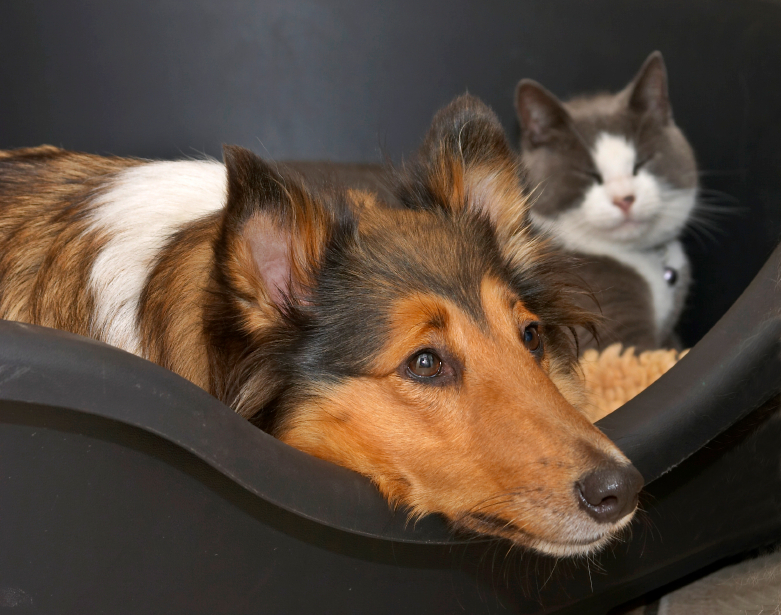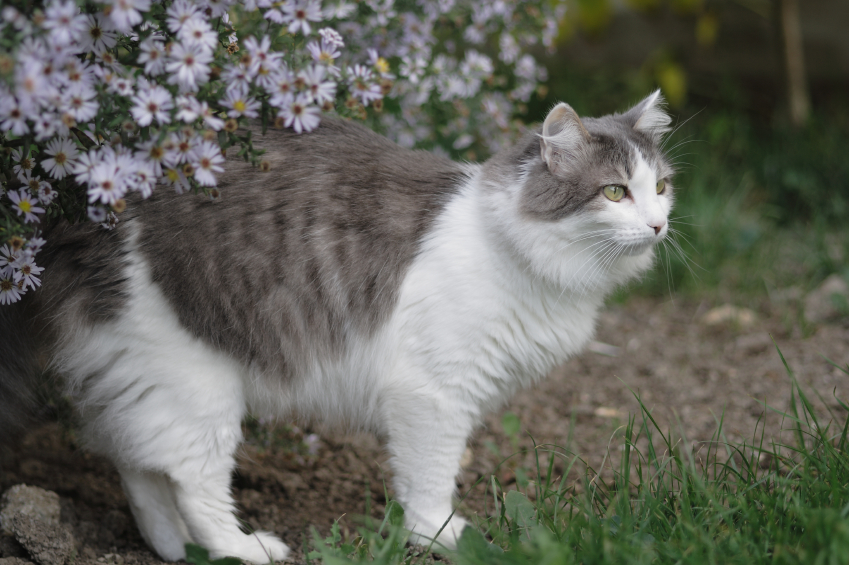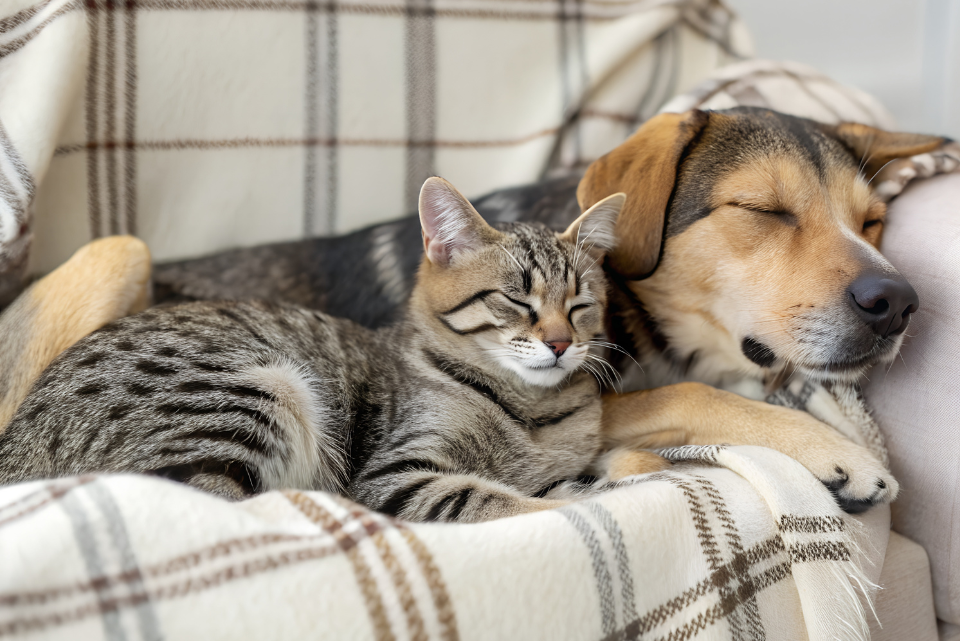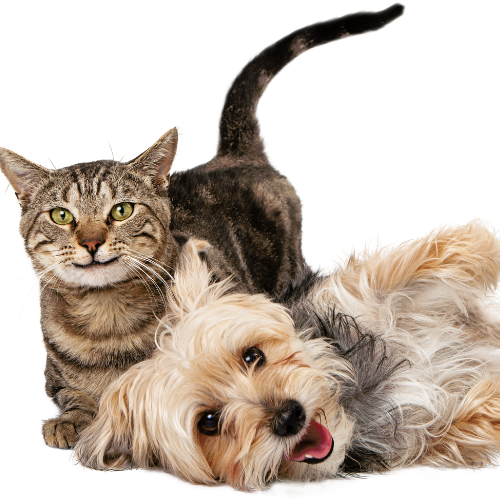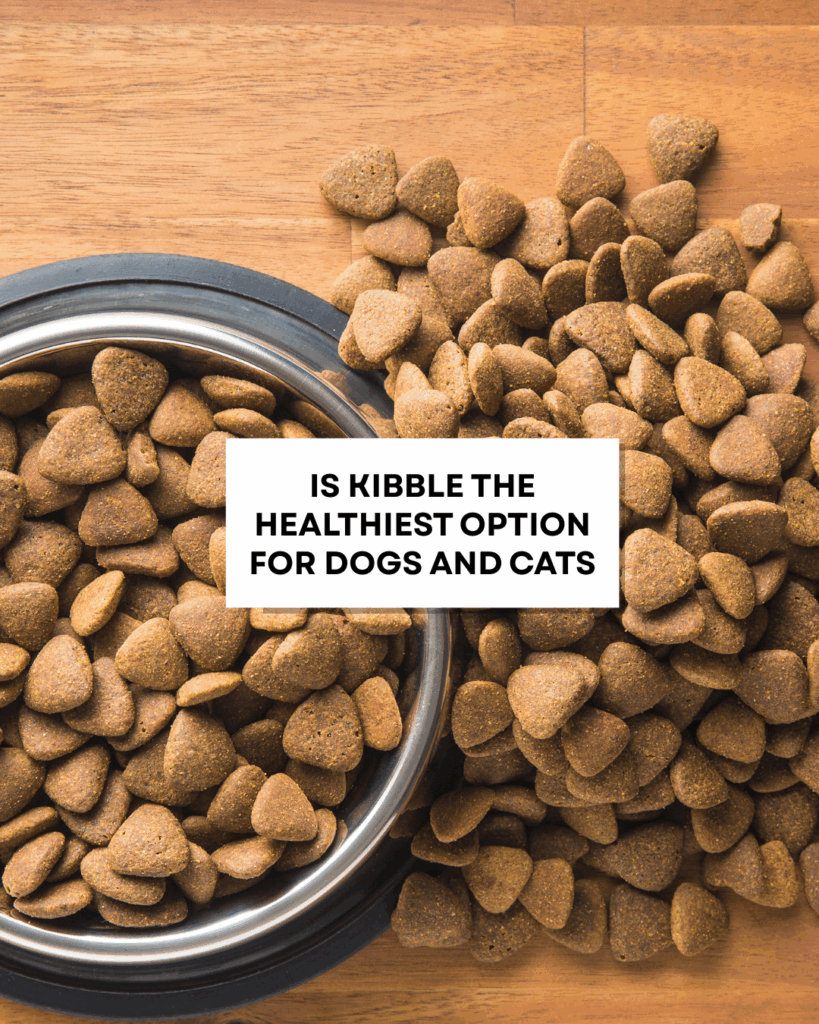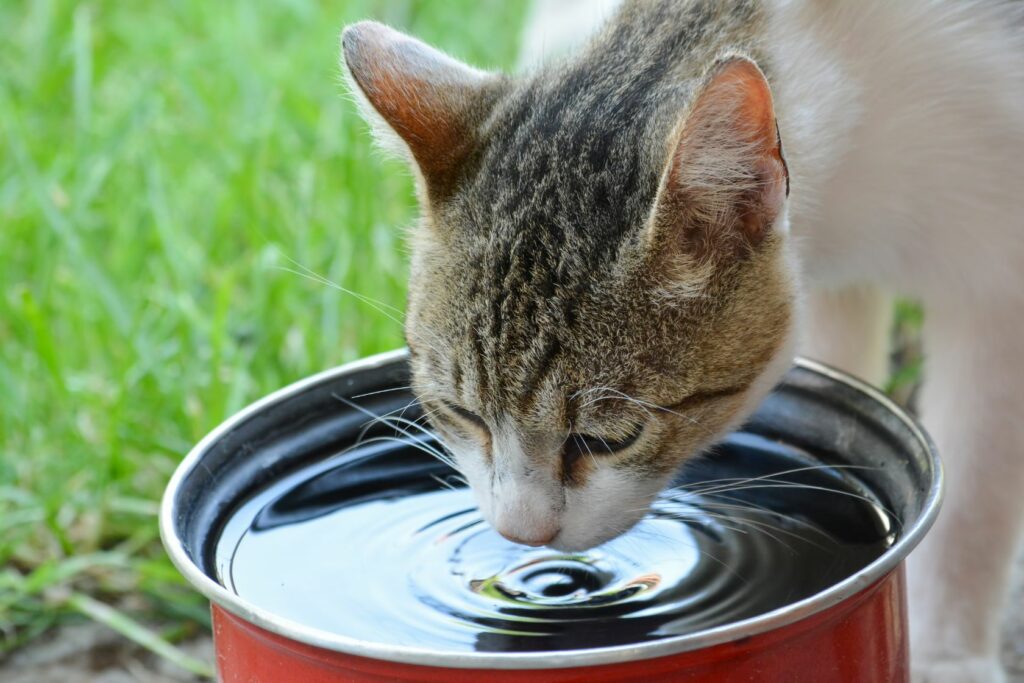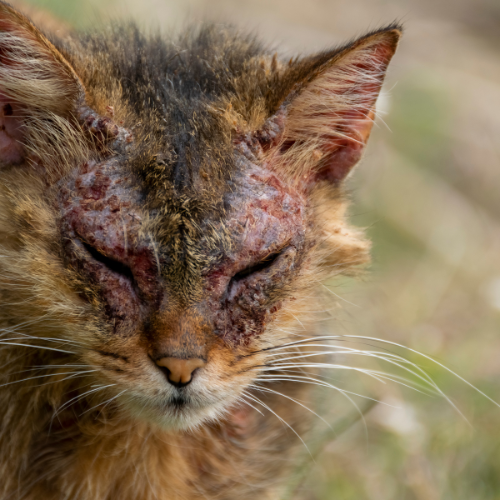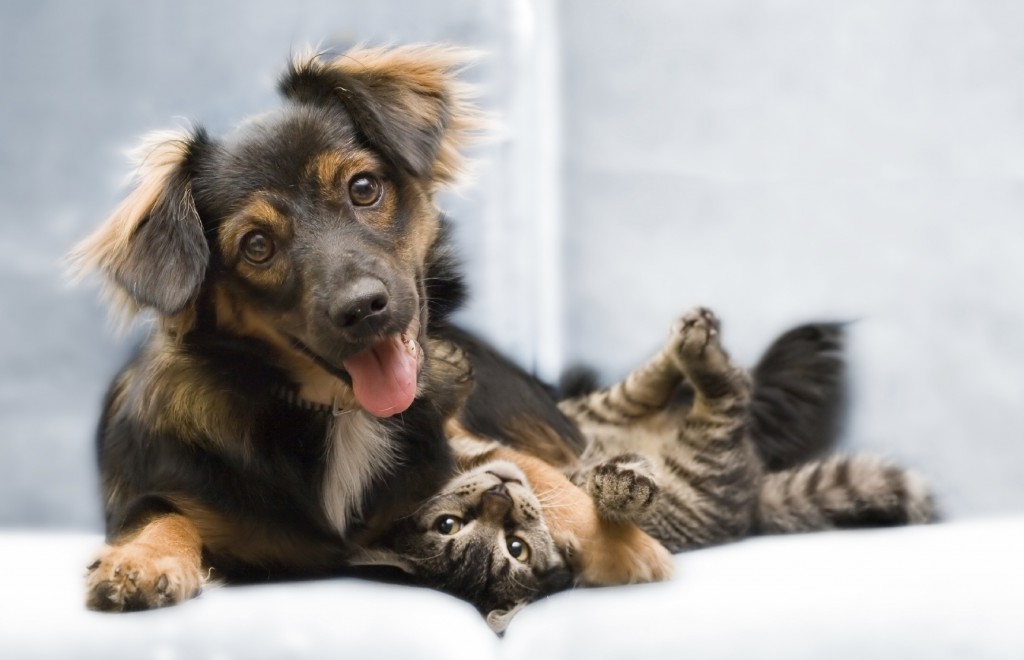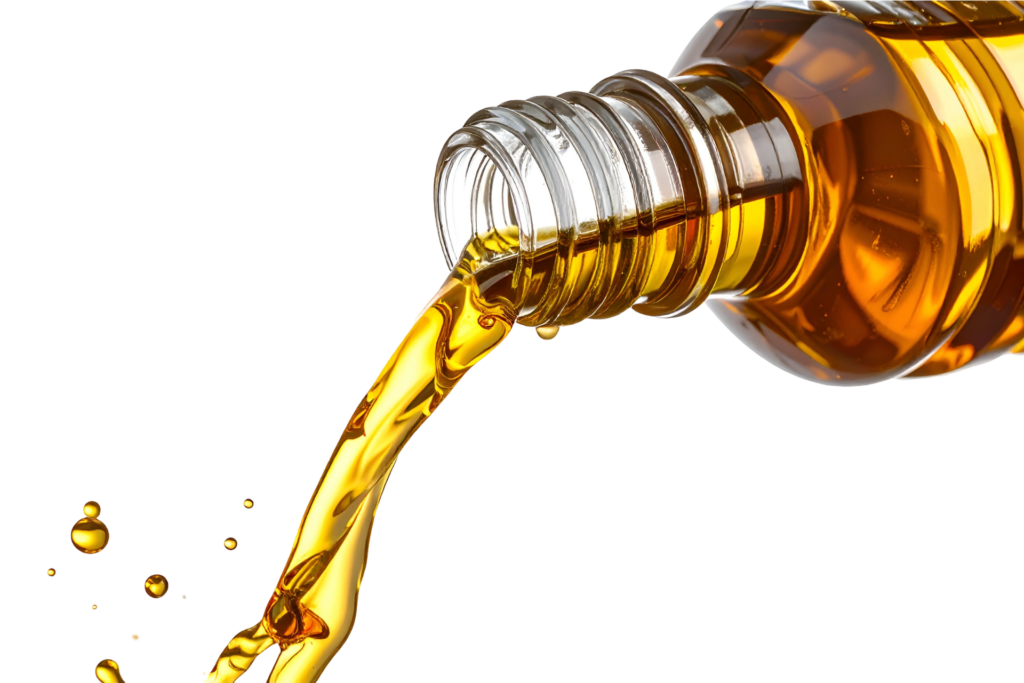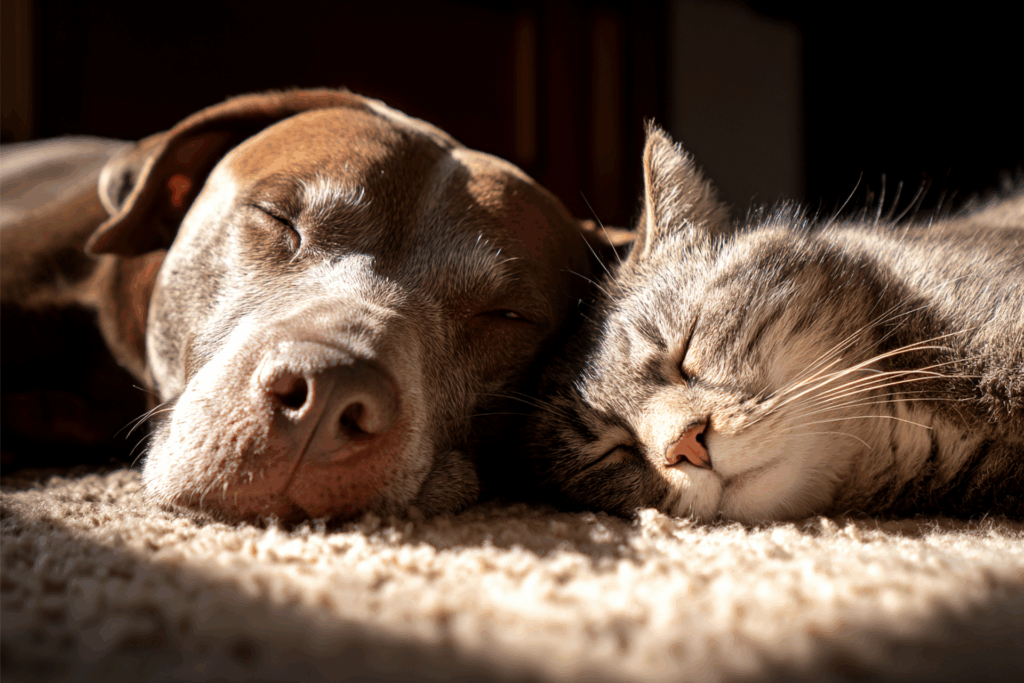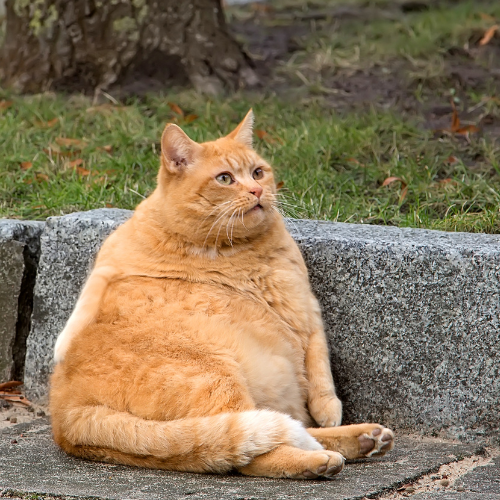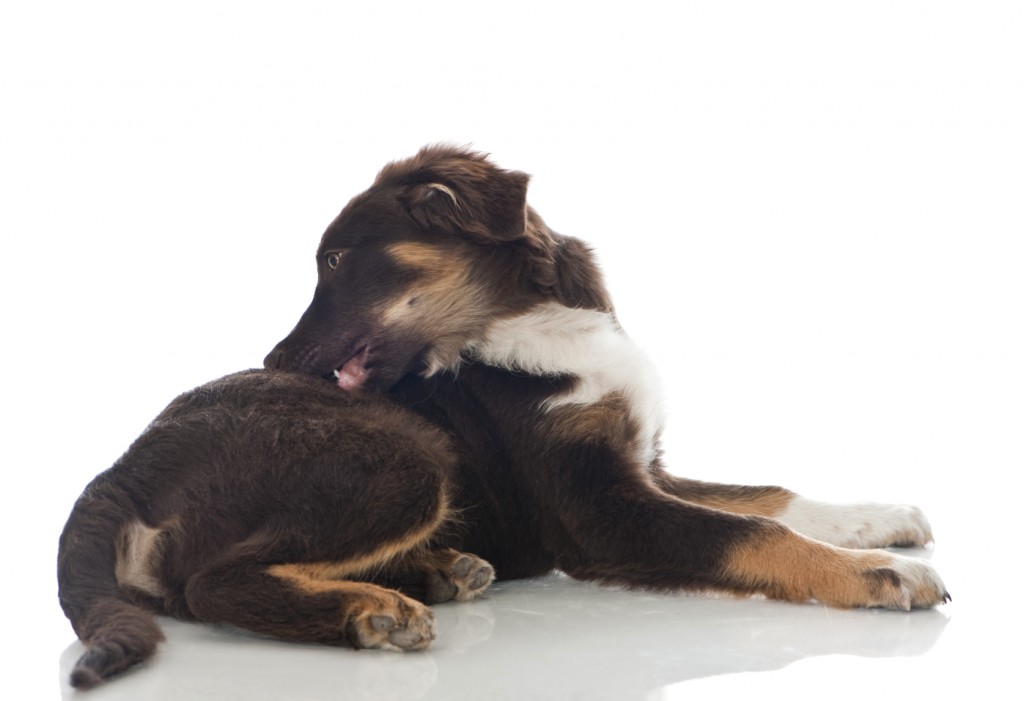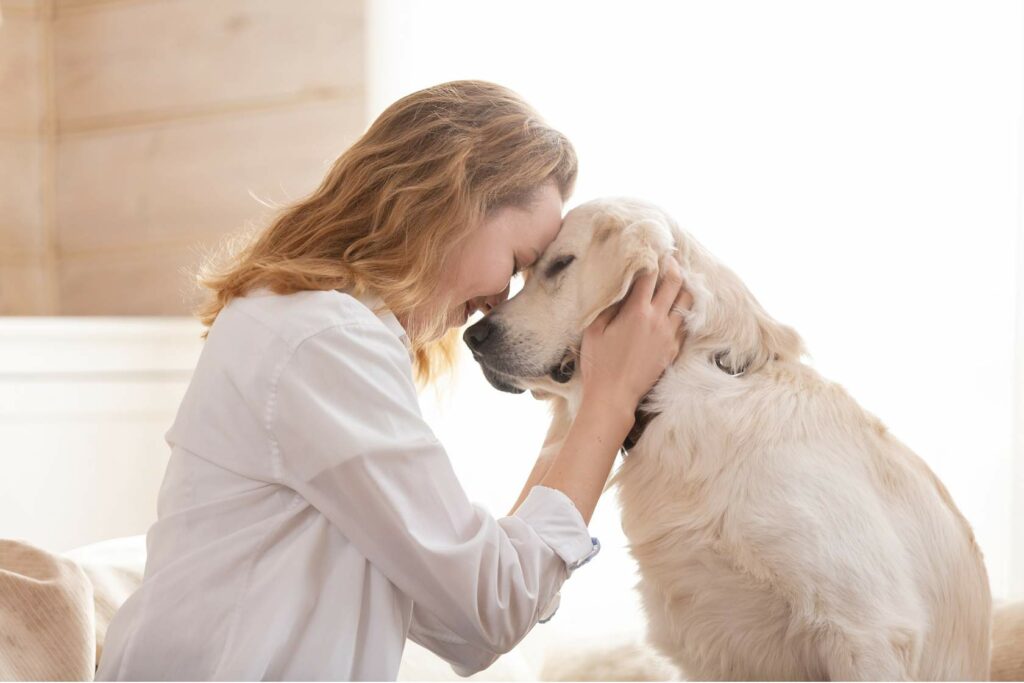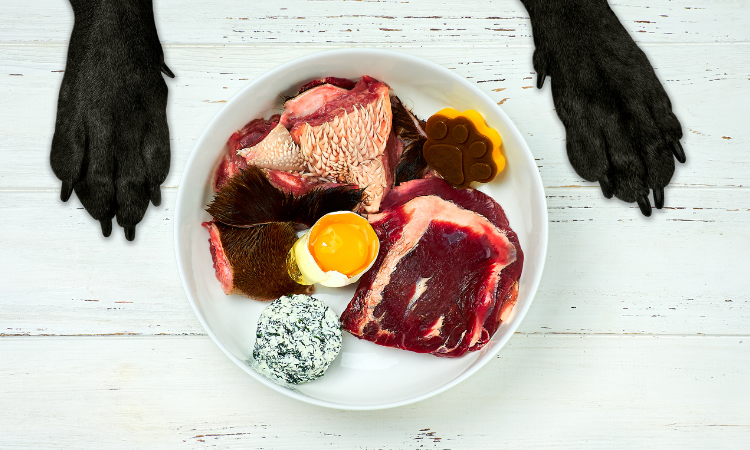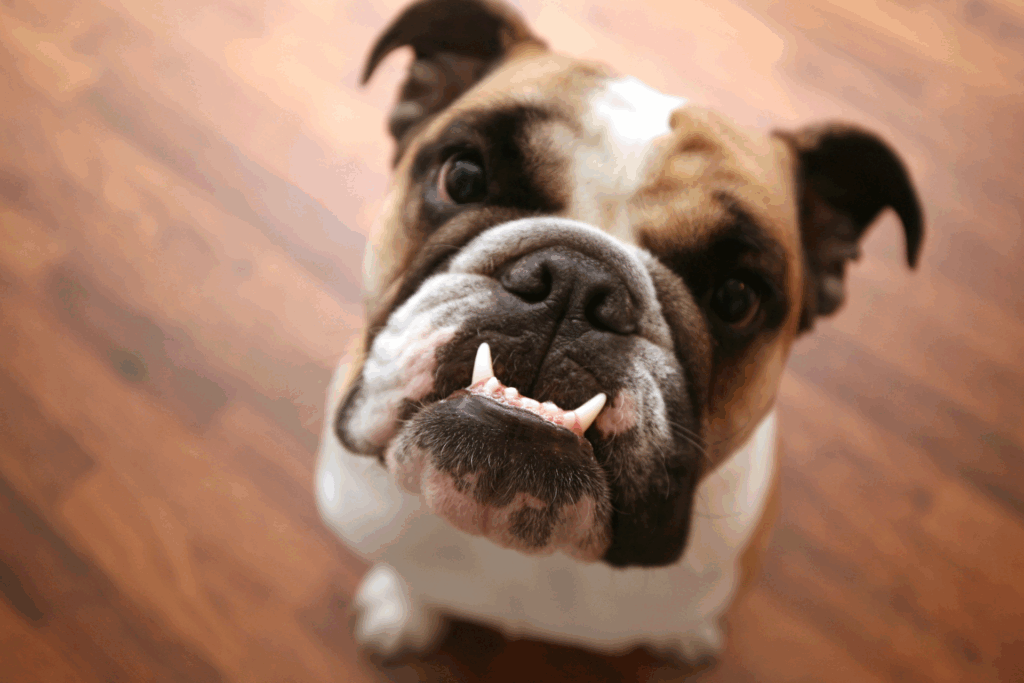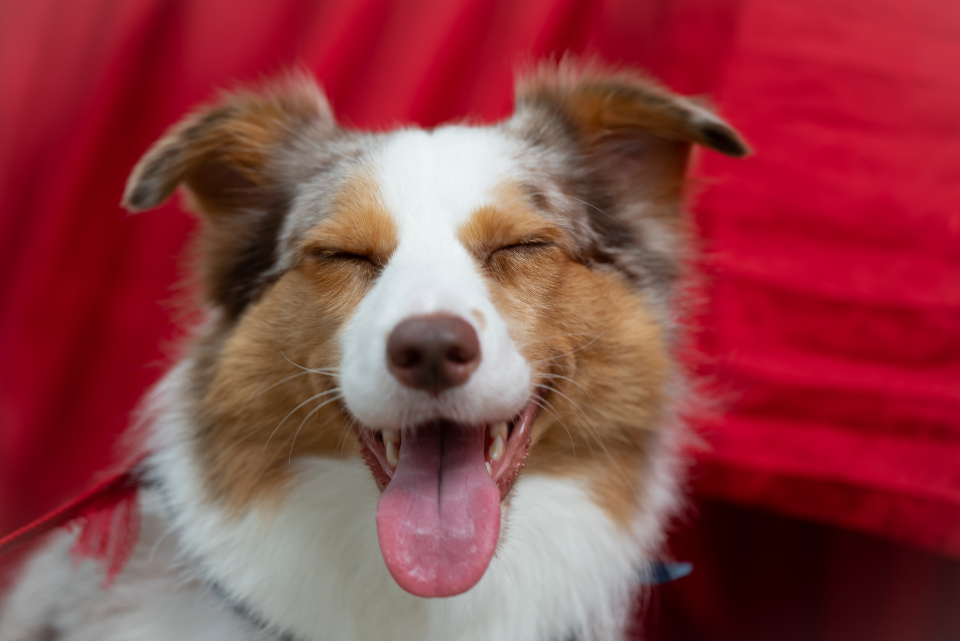Arthritis, Joint & Pain Support for Cats
8 September, 2015
Using natural, non-toxic nutritional supplements, herbs and homeopathics for Arthritis, Joint & Pain Support for Cats is just as effective as conventional methods, without the side effects. Is your kitty struggling to jump up on their favourite furniture or window sill? This may be a sign that your cat’s joints are becoming stiff, sore and inflamed. Most pain-relieving drugs have side effects, especially when used long term, however there are a number of natural alternatives (see below) that we have had excellent results with. We have helped hundreds of animals with arthritis over the last 25 years. There are a…



